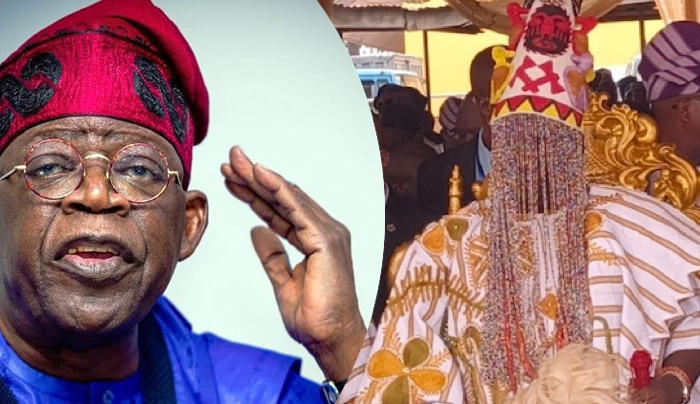Syria’s elections may take up to four years, de facto leader Ahmed al-Sharaa has revealed in his first electoral timetable comment.
Syria’s de facto leader, Ahmed al-Sharaa, has revealed that holding elections in the country could take up to four years, marking his first public comment on an electoral timeline since the ousting of Bashar al-Assad earlier this month.
In excerpts of an interview with Saudi-owned broadcaster Al Arabiya set to air on Sunday, Sharaa stated that drafting a new constitution alone could take up to three years. He added that it would take approximately one year for Syrians to witness significant changes under the new administration.
Sharaa, who heads the Hayat Tahrir al-Sham (HTS) group that led the campaign to overthrow Assad on December 8, highlighted that HTS would be dissolved during a forthcoming national dialogue conference. His remarks come as Syria’s new government strives to distance itself from its roots in Islamist militancy and reassure neighboring nations of its commitment to moderation.
The swift campaign to unseat Assad ended a brutal 13-year civil war but left Syria at a crossroads. The multi-ethnic nation, once ruled by decades of Assad family authoritarianism, now faces challenges in reconciling competing interests from regional and global players like Turkey and Russia.
Western powers have broadly welcomed the fall of Assad’s regime. However, concerns remain about whether Syria’s new leadership will lean toward strict Islamic governance or embrace democratic reforms. HTS, formerly linked to groups such as al-Qaeda and Islamic State, has renounced these affiliations and positioned itself as a moderate force. It has repeatedly pledged to protect minority groups, warning against incitements to sectarian conflict.
In the Al Arabiya interview, Sharaa acknowledged Syria’s shared strategic interests with Russia, a staunch ally of the Assad regime during the civil war. Russia maintains military bases in Syria, and Sharaa reiterated that these arrangements would be subject to negotiations. Russian Foreign Minister Sergei Lavrov confirmed this, stating that discussions would address the bases’ operations and broader cooperation with the new government.
“It is a question not only of maintaining our bases or strongholds, but also of the conditions of their operation, maintenance and provision, and interaction with the local side,” he said in an interview with Russian news agency RIA published on Sunday.
Sharaa also expressed hope that the incoming administration of U.S. President-elect Donald Trump would lift sanctions on Syria. In a sign of shifting relations, senior U.S. diplomats who recently visited Damascus described Sharaa as pragmatic. The U.S. has also removed a $10 million bounty on his head, a gesture reflecting Washington’s evolving stance toward Syria’s new leadership.
As Syria embarks on this uncertain journey, the government’s ability to implement meaningful reforms, manage international alliances, and foster unity among its diverse population will be crucial in shaping the country’s future.
Follow us on:

















